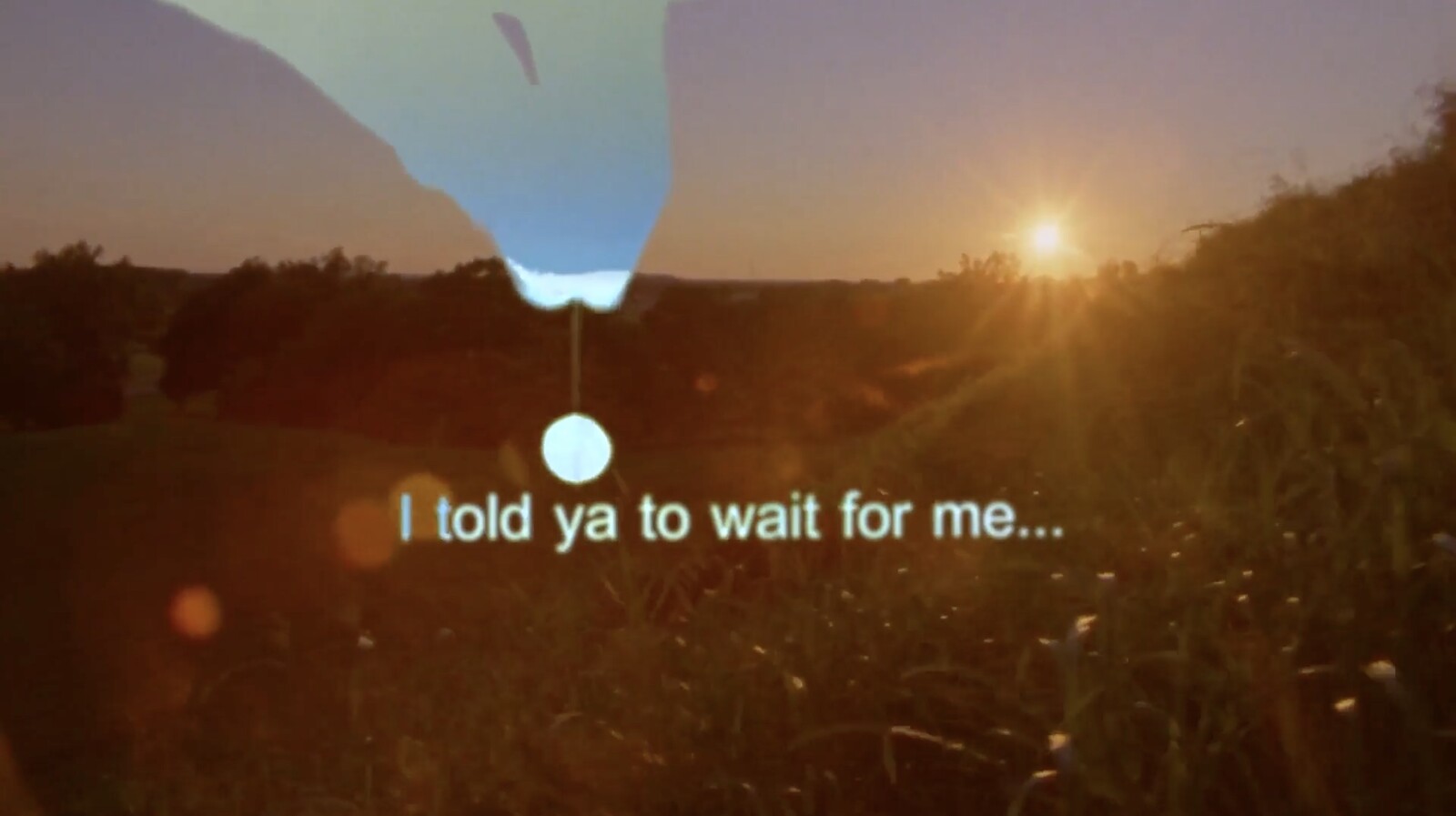October 5–November 10, 2024
Tolstraat 160
1074 VM Amsterdam
Netherlands
Hours: Wednesday–Sunday 2–8pm
T +31 20 625 5651
janpieter@deappel.nl
Artists and collectives at de Appel
Adel Al-Taweel, Al-Wah’at collective, Dalia Taha, Essa Grayeb, Om Sleiman farm, Sakeb, Isshaq Al-Barbary, Mohamed Abdelkarim, Nadir Bouhmouch, Noor Abed & Zeynep Kayan, Noor Abuarafeh, Sky Hopinka, Suneil Sanzgiri, Reading Vigil for Palestine, de Appel COOP x DAI
Artists and collectives part of Majelis Jakarta
Gudskul Ekosistem: Selarasa Jagakarsa Food Lab & rurukids; PannaFoto Institute: Dimas Sugih Cahaya; Setali Indonesia, Girls Pay the Bills and Ritme Paragraf, Sekolah Sablon Indonesia, Binatang Press!
In Our People are Our Mountains (quoting from Amílcar Cabral’s words on the Guinea-Bissau’s liberation movement), artists and collectives in Palestine and elsewhere who work on questions around land from different perspectives collaborate with Majelis Jakarta by sending instructions remotely. Cabral’s words stress that the people’s solidarity, resilience, and participation is the foundation for decolonization. Collectives and artists from within and outside Palestine have sent in instructions which they have drafted out of working on and with the land there to counterpart artists in Jakarta who will be interpreting and realizing them slowly during the Jakarta Biennial 2024 in Indonesia. At de Appel, the instructions are shared in the exhibition space, while the project is a collective process-based, dynamic endeavor which is reliant on activation beyond the presentation format.
Utilizing instructions, rather than physically transferring works or facilitating travel, stems from ethical, political, and environmental considerations. The art community is increasingly conscious of the complexities and consequences of travel and the logistics of transportation for brief exhibitions; the environmental cost often outweighs the potential benefits of creating and maintaining relationships. Nevertheless, the importance of maintaining connections, learning from one another’s artistic practices, and building solidarities across shared struggles remains undeniable. The act of sending instructions is also a way to point to the physical and symbolic distances, particularly emphasizing the profound difficulties associated with moving in and out of Palestine, especially during the ongoing genocide. This initiative, therefore, is an act of transmission and trust—artists transmit their creative directives to counterparts in Jakarta, who, in turn, realize, contribute to, perform, or enact the instructions in place.
In the Amsterdam iteration, artists have dispatched poetic and practical instructions: from Adel Al-Taweel’s memory mapping of Gaza, a place of continuous forcible erasure and renewal, to Essa Grayeb’s visualizations of shifting lines on a colonial map, the artists invite us to engage with narratives compel us to re-think our understandings of territory and land. While Dalia Taha dispatches an archive of political prisoners’ letters, guiding us on how to read such emancipatory literature, Al-Wah’at collective provides guidance on caring for the sabr cactus, a fraught plant in Palestine. Om Sleiman farm, a collective that sees farming as cultural/artistic practice share with us part of their farm’s curriculum on how to build a compost toilet, while Sakeb write to us on how to reflect on land through waste. A collection of poems on Palestinian cities has also been translated and recorded from Dalia Taha’s new book When you visit my City. At the Jakarta Biennale, members of Majelis Jakarta and other collaborating local collectives engage with the instructions within the context of their practices, finding common features reflected in them. Ongoing, long-distance correspondence carries alignment in perception and feeling, deepening their mutual positionalities.
The project has a dense programme of performances and screenings. Among them new performances by Noor Abuarafeh, Isshaq Albarbary and Mohamed Abdelkarim on walking while grieving, drawing new cartographies, and clairvoyance in the desert as hope amidst grief and defeat. Noor Abed and Zeynep Kayan improvised a performance during the opening day on cultivating hope and a space for creation among the ruins. Part of the performance was simultaneously transmitted to Jakarta Biennale and reenacted through sound. The programme is also interspersed with a video programme–one video featuring each week of the project span. Some of the participating artists show film works in addition to Sky Hopinka’s Sunflower Siege Engine which collapses moments of resistance from documentation of the Indigenous led occupation of Alcatraz, to the reclamation of Cahokia, along with Suneil Sanzgiri’s Two Refusals (Would We Recognize Ourselves Unbroken?), which interweaves narratives of the shared struggle against Portuguese colonialism in India and Africa, highlighting the solidarity forged between the two continents.
On the closing day of the project in Amsterdam, de Appel COOP study group at the Dutch Art Institute (DAI), will be hosting a 12-hour event to transmit the residues of its collective study on Radio Alhara to air on November 29. The finissage’s public program includes workshops inspired by the COOP’s research, the collected instructions and a manual by the Book Bloc Brigade. The project’s exchange does not end with the project’s close but will continue to evolve based on the harvest of knowledge and relationships it has initiated.
Our People are Our Mountains: Instructions for Placemaking is curated by the artists and de Appel team with Marina Christodoulidou and Noor Abuarafeh.
The Jakarta Biennale is a series of contemporary art events in Indonesia. It was first initiated by the Jakarta Arts Council in 1974 under the name of the Pameran Besar Seni Lukis Indonesia (Great Indonesian Painting Exhibition). Since 2009, the Jakarta Biennale has opened up on an international scale.The Jakarta Biennale 2024, held across various venues, brings together the Jakarta arts ecosystem and partners in line with the values of Majelis Jakarta. Key collaborators include de Appel’s Our People are Our Mountains, Topography of Mirror Cities, and Lab Indonesiana: Baku Konek.
Jakarta Biennale 2024 venues: Taman Ismail Marzuki (Jakarta, Indonesia), Gudskul Ekosistem (Jakarta, Indonesia), Komunitas Salihara (Jakarta, Indonesia), Subo (Jakarta, Indonesia), Komunitas Paseban (Jakarta, Indonesia), TrotoART Community (Jakarta, Indonesia), Atelir Ceremai (Jakarta, Indonesia).




